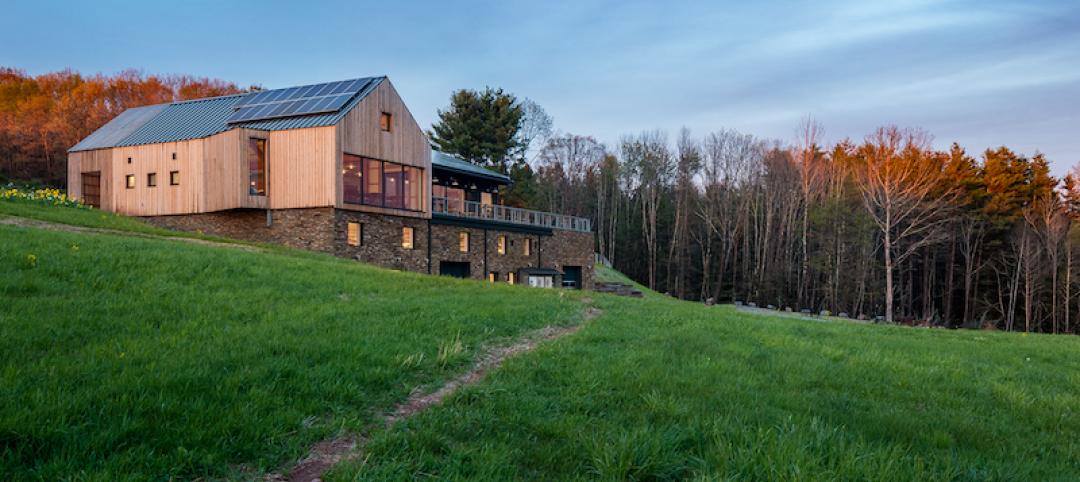Olson Kundig recently unveiled the design of the world’s first facility for “natural organic reduction,” a process that gently converts human remains into soil in about 30 days. The project was designed in partnership with, and for, Recompose, the company that offers this natural organic reduction service.
Dubbed Recompose|SEATTLE, the 18,500-sf facility will be built in Seattle’s SODO neighborhood (Washington became the first in the world to legalize this process for the disposition of human remains in April of this year). This third alternative to traditional burials and cremations uses one-eighth the energy of cremation and saves one metric ton of carbon dioxide per person. About one cubic yard of soil is created per person. Friends and family can take some or all of the soil home to grow a tree or garden, with the rest going to nourish conservation land in the Puget Sound region.
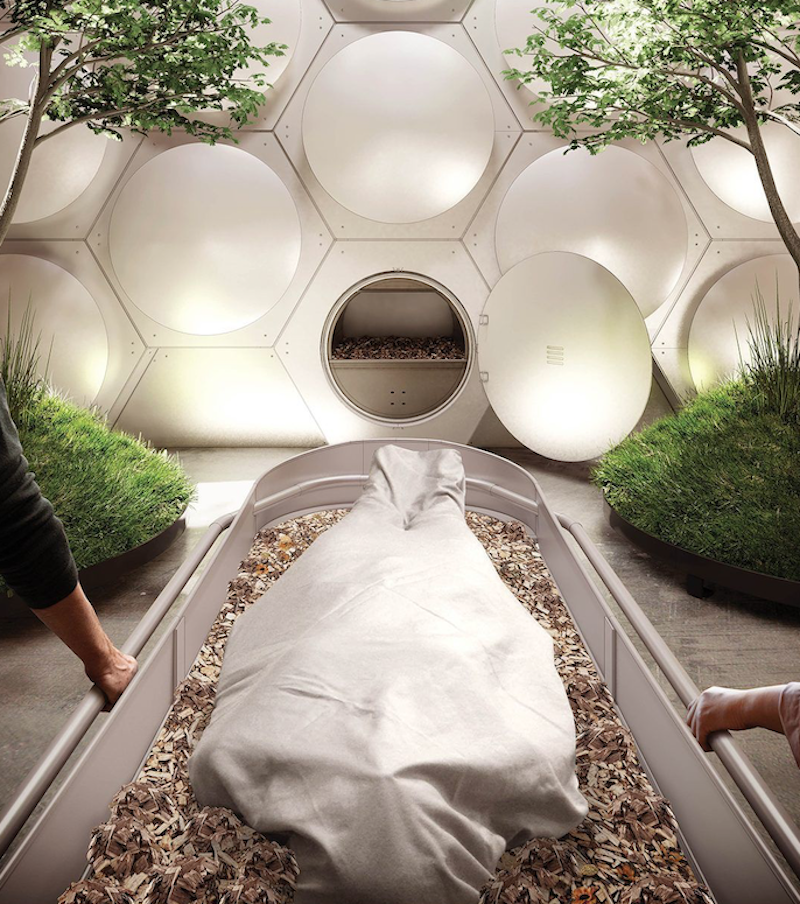
The Recompose process is centered around individual natural organic reduction vessels that transform the human remains into clean, usable soil. About 75 of these vessels will be stacked and arranged via a modular system to create a central gathering space in the core of the facility.
See Also: Kisawa Sanctuary will be a luxury resort 3D printed from sand
While it may sound a bit macabre at first, the facility is designed to be bright and open, with an emphasis on nature, which makes sense, considering nature was the basis for the recomposition process. “We asked ourselves how we could use nature, which has perfected the life-death cycle, as a model for human death care,” said Katriba Spade, Founder and CE, Recompose, in a release. “We saw an opportunity for this profound moment to both give back to the earth and reconnect us with thee natural cycles.”
The facility is slated to open in spring 2021.
Related Stories
Sponsored | Sustainability | Sep 20, 2021
A Beginner’s Handbook to LEED Building Design and Construction
Sponsored | Sustainability | Sep 17, 2021
The Benefits of Investing in ESG Sustainable Business Practices
Environmental, social and governance (ESG) practices are a hot topic in the corporate world. Here’s why you should prioritize them in your business.
Sustainable Design and Construction | Aug 20, 2021
Latest UN IPCC report on climate change should be cause for concern among AEC professionals and the real estate industry
The UN IPCC report on climate change is a must-read for architects, engineers, contractors and developers.
Sponsored | Sustainability | Aug 20, 2021
Measuring Sustainability: Determine Where You Stand and What to Do Next
Measuring sustainability operations is necessary to prove your sustainable facilities practices. To measure your success, there are two key factors you need.
Resiliency | Aug 19, 2021
White paper outlines cost-effective flood protection approaches for building owners
A new white paper from Walter P Moore offers an in-depth review of the flood protection process and proven approaches.
Sustainability | Aug 3, 2021
Construction Association launches new initiative to address climate change by pushing for construction of fewer carbon-intensive projects
While the new initiative includes steps construction firms can take to operate more efficiently, the bulk of the effort is focused on pushing for public and private project owners to build more efficient projects.
Wood | Jul 16, 2021
The future of mass timber construction, with Swinerton's Timberlab
In this exclusive for HorizonTV, BD+C's John Caulfield sat down with three Timberlab leaders to discuss the launch of the firm and what factors will lead to greater mass timber demand.
Industrial Facilities | Jul 2, 2021
A new approach to cold storage buildings
Cameron Trefry and Kate Lyle of Ware Malcomb talk about their firm's cold storage building prototype that is serving a market that is rapidly expanding across the supply chain.
Resiliency | Jun 24, 2021
Oceanographer John Englander talks resiliency and buildings [new on HorizonTV]
New on HorizonTV, oceanographer John Englander discusses his latest book, which warns that, regardless of resilience efforts, sea levels will rise by meters in the coming decades. Adaptation, he says, is the key to future building design and construction.
Sustainability | Jun 23, 2021
The world’s first Passive House Certified cidery completes
River Architects designed the project.


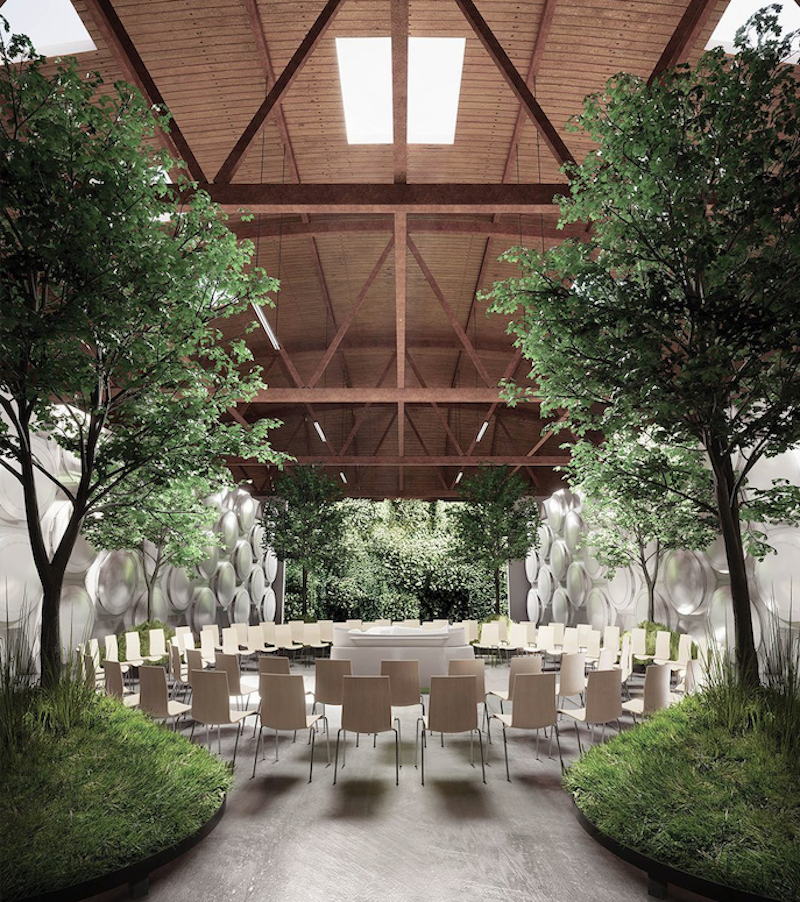



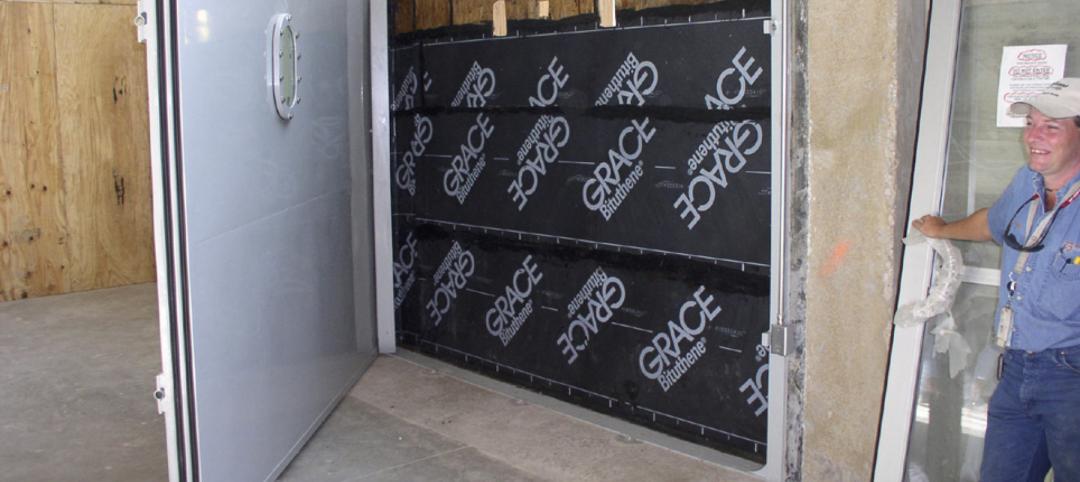
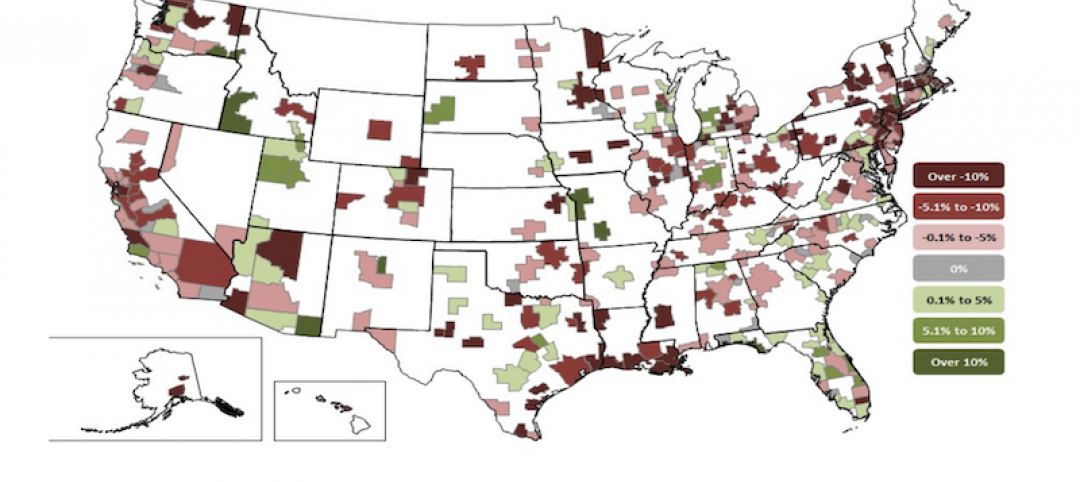
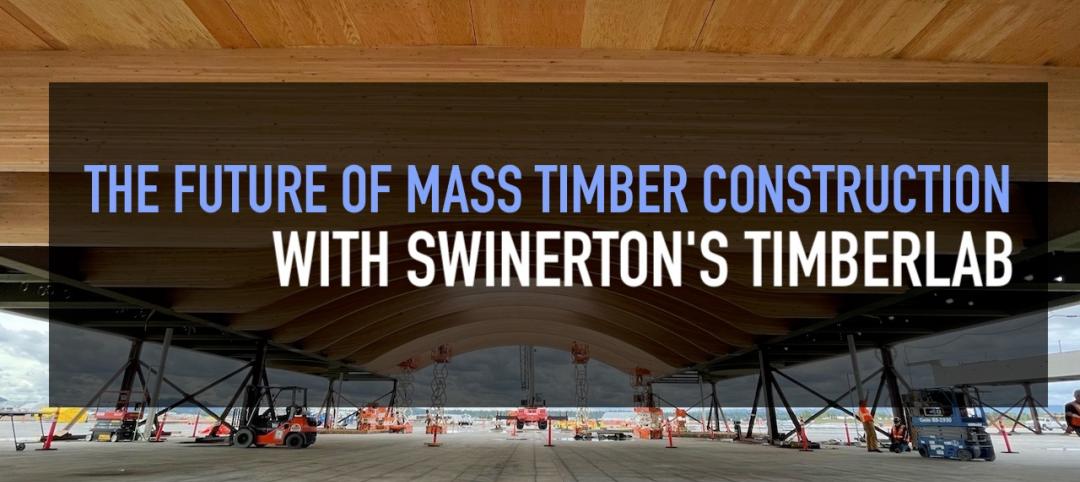

![Oceanographer John Englander talks resiliency and buildings [new on HorizonTV] Oceanographer John Englander talks resiliency and buildings [new on HorizonTV]](/sites/default/files/styles/list_big/public/Oceanographer%20John%20Englander%20Talks%20Resiliency%20and%20Buildings%20YT%20new_0.jpg?itok=enJ1TWJ8)
